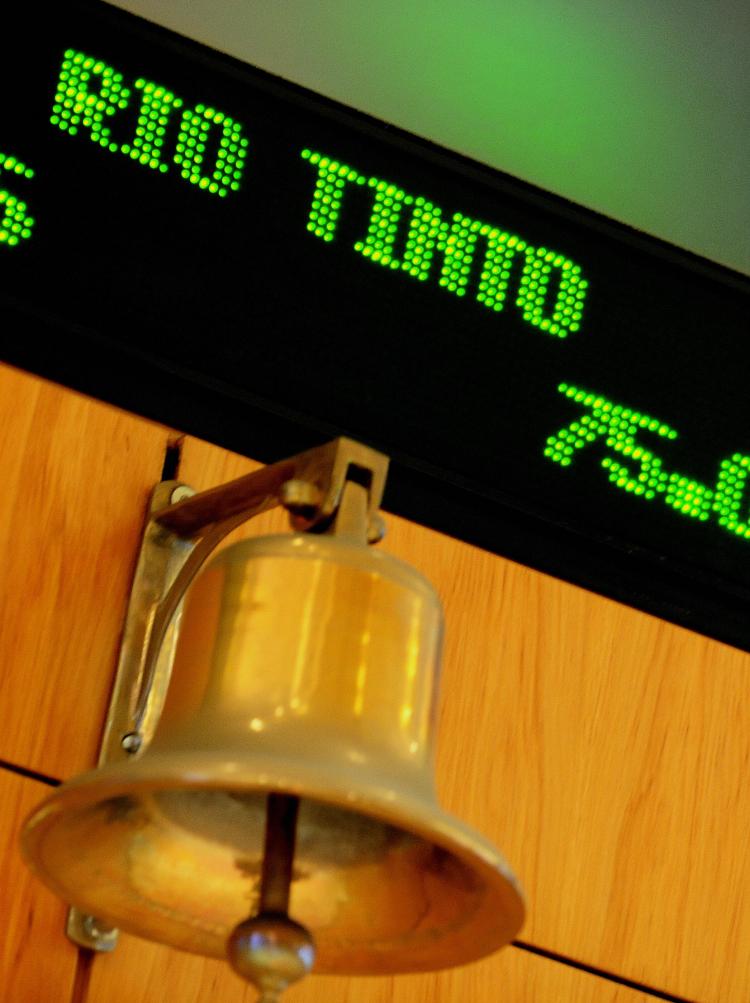The global mining group Rio Tinto dropped part of its proposed tie with metals giant Chinalco on June 5 following objections in Britain and Australia.
The deal could have given the Chinese an 18% stake in Rio Tinto Group, which is listed on both the British and Australian markets. It would also have given the Chinese company access to Rio’s iron ore, copper, and aluminium assets.
“If the Chinalco deal with Rio Tinto goes ahead the communist bosses in Beijing will exert control over the management of Rio Tinto’s Australian mineral resources,” Bob Brown, leader of Australia’s Green Party, told Reuters in March this year.
The link between the companies has been downscaled to a rights issue valued at around $12 billion. (£19.2 billion) A rights issue is offered to all existing shareholders. The previous deal sold shares only to the Chinese company.
Many of the top twelve London City institutions involved with Rio opposed the idea of raising capital this way.
The initial plan, which might have accumulated $19.5 billion from the Chinese Government, angered Rio’s Australian investors who felt they have not been approached in any depth.
Politicians, regulators, and institutional investors were concerned the deal wouldn’t be best for Rio in the long-term.
The Anglo-Australian company has already been hampered by obstacles in the field. Many environmental organisations have objected to Rio’s practice in sensitive habitats such as the Fort-Dauph Region in south-eastern Madagascar.
UK Rio shareholders had thought they could raise up to $12 billion from an offer to existing owners in London, together with underwriters.
Rio appeared to have little choice but to turn to the Chinese for help—no matter what the future consequences—as Rio needs to pay off almost $20 billion of debt by October, 2010.







Friends Read Free